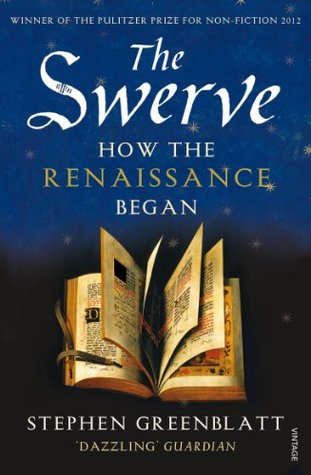More on this book
Community
Kindle Notes & Highlights
Read between
September 15 - September 23, 2018
he knew that whatever he hoped to find existed only because of centuries of institutional commitment and long, painstaking human labor.
letters by the French novelist Gustave Flaubert: “Just when the gods had ceased to be, and the Christ had not yet come, there was a unique moment in history, between Cicero and Marcus Aurelius, when man stood alone.”
The core of this vision may be traced back to a single incandescent idea: that everything that has ever existed and everything that will ever exist is put together out of indestructible building blocks, irreducibly small in size, unimaginably vast in number. The Greeks had a word for these invisible building blocks, things that, as they conceived them, could not be divided any further: atoms.
The notion of atoms, which originated in the fifth century BCE with Leucippus of Abdera and his prize student Democritus, was only a dazzling speculation; there was no way to get any empirical proof and wouldn’t be for more than two thousand years.
At the end of the fifth century CE an ambitious literary editor2 known as Stobaeus compiled an anthology of prose and poetry by the ancient world’s best authors: out of 1,430 quotations, 1,115 are from works that are now lost.
Returning to her house, Hypatia was pulled from her chariot and taken to a church that was formerly a temple to the emperor. (The setting was no accident: it signified the transformation of paganism into the one true faith.) There, after she was stripped of her clothing, her skin was flayed off with broken bits of pottery. The mob then dragged her corpse outside the city walls and burned it. Their hero Cyril was eventually made a saint.
A survey of Rome in the early fourth century listed twenty-eight public libraries, in addition to the unnumbered private collections in aristocratic mansions.
Gold, silver, jewels,10 purple garments, houses built of marble, groomed estates, pious paintings, caparisoned steeds, and other things of this kind offer a mutable and superficial pleasure; books give delight to the very marrow of one’s bones. They speak to us, consult with us, and join with us in a living and intense intimacy.


